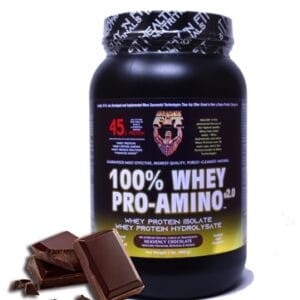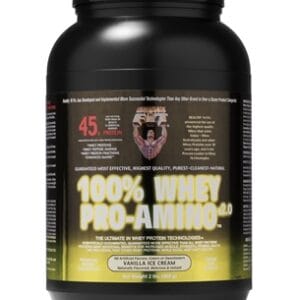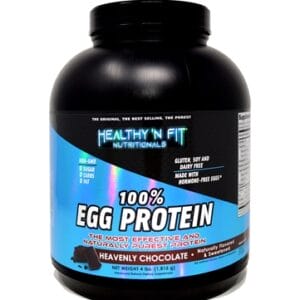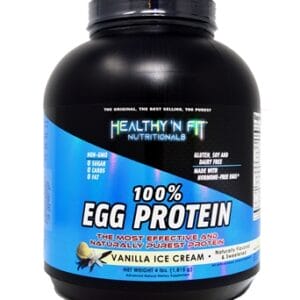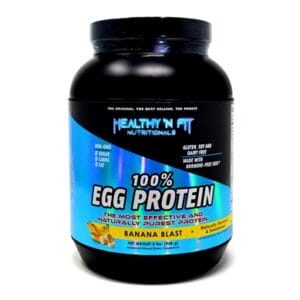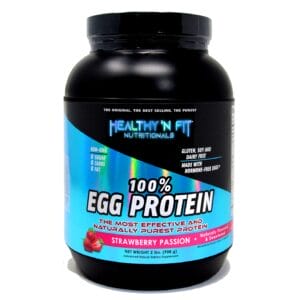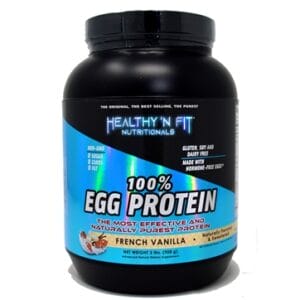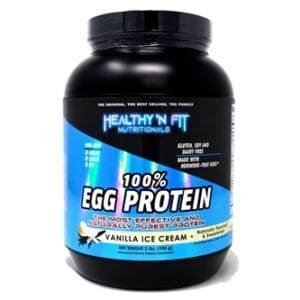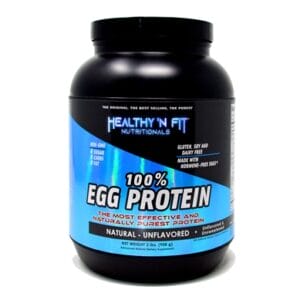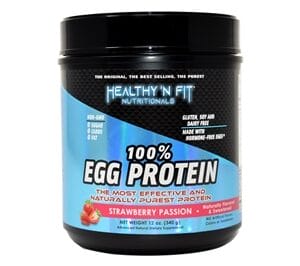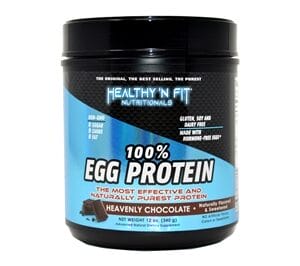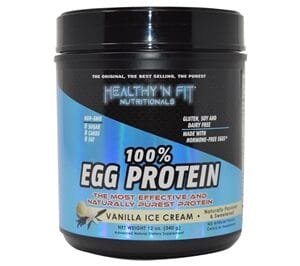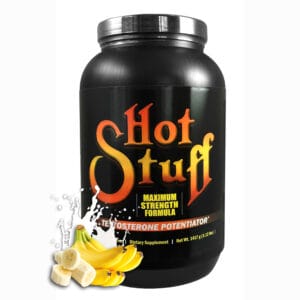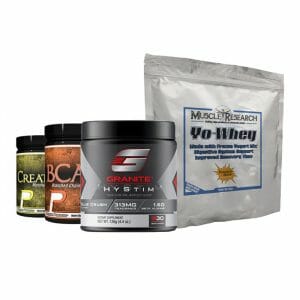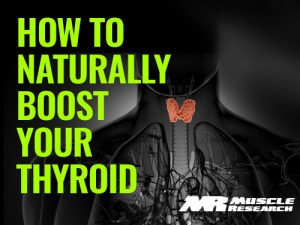
Boosting Your Low Thyroid Naturally
The thyroid is a butterfly-shaped gland that is in the front part of the neck. This little gland is responsible for regulating many of the thyroid hormones that have a
If you’re vegan, you have to be much more careful about your diet to make sure you’re still getting all the things you normally would find in meat, like protein and iron. However, if you do a little research and some careful grocery shopping, you can easily find them in other sources. Here are some of the best, vegan protein sources:
Beans
Beans are packed with nutrients, easy to make and cheap to buy. You can make bean burgers, toss them in soups or stews, make them as a side-dish or combine them with rice or quinoa for a full meal.
Tofu
Tofu is great for its versatility. It can be used in anything from stir fry to scrambled eggs, and if you get the right tofu you can even throw it on the grill. Make sure to get firm tofu—the firmer it is, the higher the protein content.
Quinoa
Quinoa is a tasty, nutritious substitute for rice, but you can also use it in salads, soups, baking or as vegan burgers. You can also use quinoa as a pasta substitute with homemade pesto on top.
Peanut Butter
You don’t need us to tell you how to eat peanut butter. Eat it on whole wheat toast, on apple or banana slices, with celery sticks, mixed into oatmeal…there’s no bad way to eat peanut butter.
Seitan
You might know this as “wheat meat” or “wheat protein.” Seitan is a popular substitute because it looks and has the texture of meat after cooking and can be flavored to taste like almost any meat (on its own it tastes like a mushroom). You can find it at specialty health food stores.
As you can see, there are pros and cons to each of these meat substitutes and each of them has different benefits for the body. They can also be used in vastly different ways—from additives in baked goods to replacements for meat to toppings—to make sure you are getting all the protein, iron, magnesium and other essential vitamins and minerals that every bodybuilder requires in their diet. Before dramatically changing your diet, it is always best to consult a doctor or nutritionist.
We hope this will help you as you meal prep each week and strive to meet your nutritional goals.

The thyroid is a butterfly-shaped gland that is in the front part of the neck. This little gland is responsible for regulating many of the thyroid hormones that have a
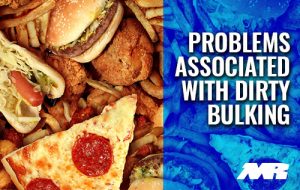
Given the opportunity, most of us would have a permanent cheat day if it meant we would still build muscle while training hard. The concept of a dirty bulk is
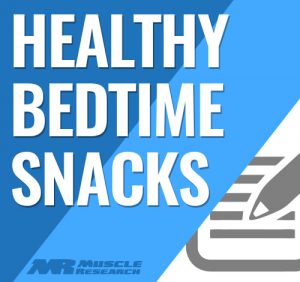
We’ve all been there. After a long hard day of working our ass off, we sit on the couch, turn on the TV and just relax. A few minutes go
